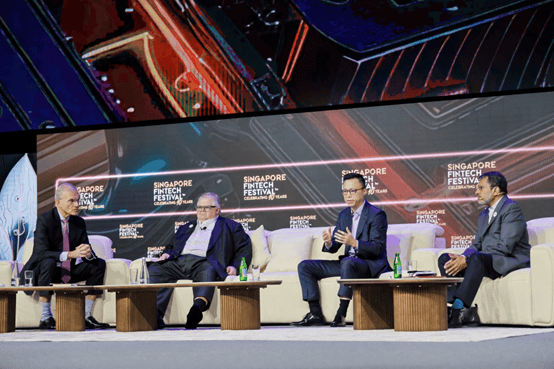
International Research Shows Skills Shortages one of the Biggest Challenges Facing Businesses Heading into 2022
Businesses around the world are facing skills shortages and need a new way of approaching talent sourcing according to new research from Cielo, the world’s leading strategic Recruitment Process Outsourcing (RPO) provider. The findings reveal more than a third (34%) of talent acquisition (TA) professionals feel their recruitment function is currently out of line with organisational objectives, while more than three quarters (78%) believe skills shortages are among the top three challenges facing businesses in the near future.
All business functions have faced significant change over the last 18 months and TA is no exception. With interviews and onboarding becoming virtual and retention becoming more challenging with candidates no longer limited by geographic boundaries, hiring managers and TA leaders need to look for new ways to attract the best talent to fill those all-important skills gaps and help alleviate some of the issues caused by the rapidly changing employment market. The pandemic saw recruitment functions tested in ways they never had been before and it’s therefore critical that businesses have become more agile and responsive – focussing on how recruiting individuals with strong ‘soft skills’ could enable businesses to secure candidates who often would have been overlooked and in turn fill those important skills gaps.
The international research, conducted by Cielo, included a quantitative survey of more than 300 senior TA and HR leaders plus over twenty in-depth interviews with key senior executives from multi-national companies across a range of industries.
The interviews showed that, with the looming threat of a mass skills shortage, the highest performing organisations are placing a greater focus on more general ‘soft’ skills, such as communication and interpersonal skills, which can be nurtured to access a far wider talent pool than their competitors. For example, for many roles, companies can forego searching for industry specific skills and simply source desirable soft skills from another industry.
Over a third of participants (36%) also cited quality of hire as a major challenge to the business – by utilising skills-based workforce planning organisations will have access to an increased and more diverse talent pool leading to improved productivity and business impact.
Seb O’Connell, President Global Markets at Cielo, said: “Our research shows a clear pattern of change hitting the industry over the last year with gaps in skills becoming major concerns across all regions. Skills-based talent acquisition has the potential to solve a lot of these problems in terms of day to day hiring but also to review the strategic approach of TA and HR teams, driving real change in attitudes to encourage everything from hiring for potential, to early talent, to internal mobility.”
In addition to an overall shortage of skills, 26% percent of TA professionals also reported that identifying the right skills to bring into the organisation in an uncertain and rapidly changing environment is a major issue. Other common issues include attracting (54%) and sourcing (46%) candidates with the relevant skills.
O’Connell continued: “Instead of the traditional focus on capacity and headcount, our new world demands a new model centred on softer skills and competencies. Skills-based talent acquisition has been rising in prominence in recent years, and it’s well suited to uncertain times and rapidly changing industries. Some 15% of TA professionals have already decided upon skills-based hiring as their path forward, including many of the industry-leading multinationals we spoke with.
“Over half of the organisations we surveyed are facing these issues attracting candidates with the required skills, so we also investigated the role of a cohesive employer brand and the ever-evolving role of diversity, equity, inclusion and belonging (DEI&B). As the talent pool becomes more discerning of the values of their employer, organisations which broadcast their commitment to a skills-based approach will encourage applicants from a wider variety of backgrounds and make themselves more attractive to potential candidates.”
RPO providers, such as Cielo, are leading the charge in supporting clients with the adoption of skills-based workforce planning. RPO is a distinct service from head-hunting or staffing. It involves embedding talent acquisition experts within an organisation to fully understand organisational objectives, implement cutting-edge technology, and meet staffing needs quickly and efficiently.
Either by fully outsourcing the recruitment process or adopting a hybrid approach, a clear pattern emerged from the data showing that companies utilising RPO struggled less with quality of hire, were able to keep candidates more engaged through the hiring process and brought TA and HR functions more closely together. Further, they performed better in areas such as market mapping and DEI&B.
To read the full Cielo report on the ‘Beyond the Skills Gap’, please visit: https://www.cielotalent.com/insights/skills-based-workforce-planning-the-future-for-talent-acquisition/


